For the past five weeks, protests against the Iranian regime have continued, even as the police have retaliated with gunfire and mass arrests. In Iran and across the world, women and girls have taken to the streets, removed their hijabs and cut their hair in defiance.
Here in Australia, Iranian women who fled their homeland to escape its repression are watching the protests with hope that this time, they will result in the overthrow of the Ayatollahs. In many cases, they’re also remembering their own experiences with the country’s feared “morality police”.
This week, we asked three of those women to share their stories.
“They told us security forces are shooting directly at women and children”
Armaghan Andisheh Far, 25, piano teacher, Canberra
“This is not about hijabs. It’s about basic human rights. It’s about the constant oppression of women, minorities and the LGBTQI community by the brutal [Islamic Republic] regime. It’s about all the mothers whose children have been taken and murdered by the regime. And it’s about all the young girls who’ve faced humiliation and torture at the hands of the regime.
I’m one of those girls. Before my family moved to Australia in 2010 to escape the oppression, I had a traumatic experience with the morality police, the same force who beat Mahsa Amini to death last month.
This is about basic human human rights
I was walking with a male friend in a park when they stopped us and interrogated us about our relationship. In Iran, women and girls aren’t allowed to be in public with men they aren’t related or married to. I was terrified. I called my mum and she came to pick us up, but the police wouldn’t release us to her because she was a woman. Under Islamic Law, my father is solely responsible for me, so the police would only release me to him.
Even thinking about it now, I get heart palpitations.
Seeing the protests in Iran has brought back that trauma. It’s been difficult to speak to my relatives because the government has disconnected the internet, but some of them have been able to use a VPN to communicate with us.
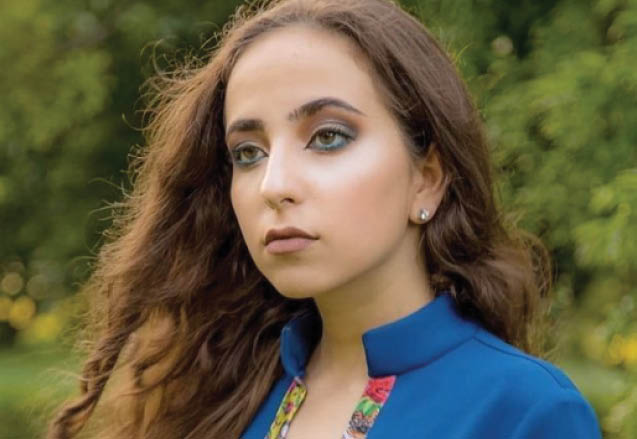

They’ve told us that security forces are now shooting directly at civilians and children. They’ve also kidnapped journalists, activists, academics, celebrities, and people who’ve spoken against them in support of the Iranian people.
Protesters who have been harmed are too afraid to seek medical help because they will be arrested, so vets are doing consultations. It’s like something out of The Handmaid’s Tale.
As upsetting as it is seeing our friends and family fighting for freedom, we are hopeful. I’m glad we’re fighting and standing up to the regime. We need a revolution. The people of Iran deserve happiness, freedom and democracy.”
“I want the Iranian people to know we’re supporting them”
Azadeh Nikfar, 40, Disability Support Worker, Melbourne
“I left Iran 10 years ago with my four-year-old daughter. We came to Australia as refugees by a boat from Indonesia and spent time in the detention centre on Christmas Island, and another in Adelaide. It was so hard to leave my home and my family, but I had no choice.
Under the government in Iran, women don’t have any human rights. It took me four years to get a divorce from my husband. I wasn’t allowed to work without his permission, so my parents had to support me and my daughter.
When my daughter was a baby, I stepped outside to buy some groceries from the shop across the road and the morality police stopped me. They wanted to arrest me for wearing a dress that was too short, even though I was wearing pants underneath. I begged them to let me go because of my baby.
I wasn’t allowed to work without my husband’s permission
Leaving Iran and starting a new life in Australia has come at a cost. My daughter, now 13, has had to grow up without her grandparents, aunty, uncles and cousins. My sister still lives in Iran, and when we manage to speak, she tells me how bad it is there.
‘Please keep protesting, please keep using your voice,’ my sister told me last night.
I’m speaking out for the people of Iran, because the government is not the voice of the people.
Australians can show their support by listening to our stories and hearing our truth. The Australian government should introduce sanctions on Iran, like the European Union and the United States. I want the Iranian people to know we’re supporting them. We are behind them. We want justice and freedom for them.”
“We are no longer afraid to speak out”
Sabrina Melei, 44, hair and make-up artist, Sydney
“I’m a 44-year-old woman, but for the past six weeks – watching the protests in my homeland of Iran – I’ve been a seven-year-old girl again. I can still feel the fear I felt growing up in Iran, where women aren’t allowed to wear tight clothes, make-up, or jewellery in public. I can still see the morality police guarding the gates of my school and checking to make sure the girls are wearing their hijabs right.
I can still remember the panic that came over me one day at school when I was eating my lunch and realised I’d forgotten to take my gold bracelet off. It had been a gift from my grandmother. When I saw the Deputy Principal walking towards me, I quickly took the bracelet off and hid it in my sandwich bag. I was a kid, so of course I forgot about it, and threw the sandwich bag away after lunch.
My parents decided to leave Iran in 1987 because they couldn’t raise two daughters in a country where the Islamic Republic government degraded women and treated us like second-class citizens. We came to Australia with four suitcases. We don’t have any close relatives left in Iran; our family is split all across the world. We all feel helpless.
I haven’t slept properly since September 16 [when news broke that Mahsa Amini had died]. I’ve been to five protests here with other Iranian expats and we all look the same: worried, afraid, but still standing together in unity – just like the women in Iran. These women are so brave, they’re walking towards bullets with their bare hands. They’d rather die than continue to live without freedom.
We have been silenced for 43 years [since the Islamic Republic took over in 1979] and we will not be silenced anymore. We are no longer afraid to speak out. This is for the future of our youth and the thousands of lives lost to this regime. Women. Life. Freedom.”
Armaghan, Sabrina and Azadeh spoke to Alley Pascoe




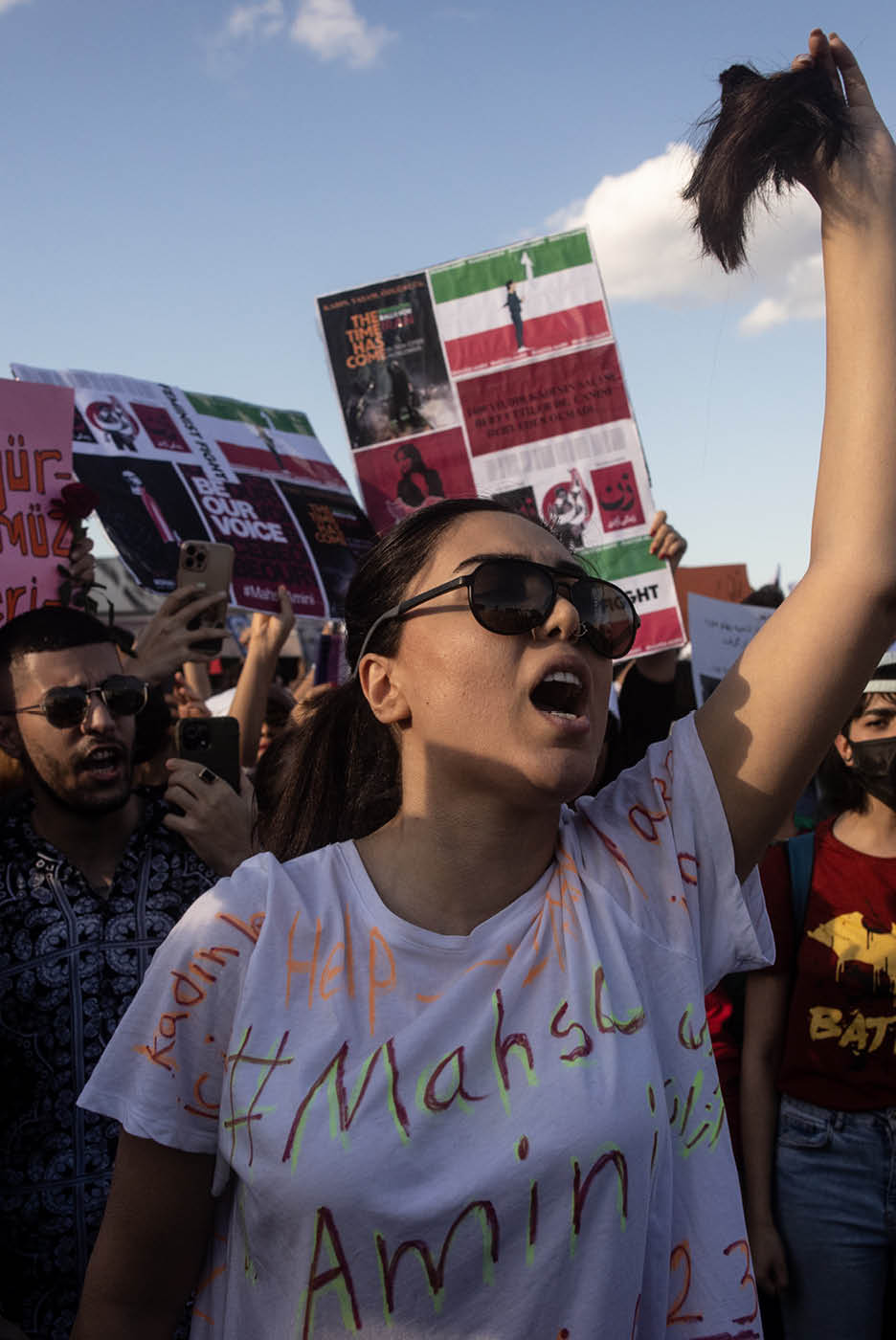
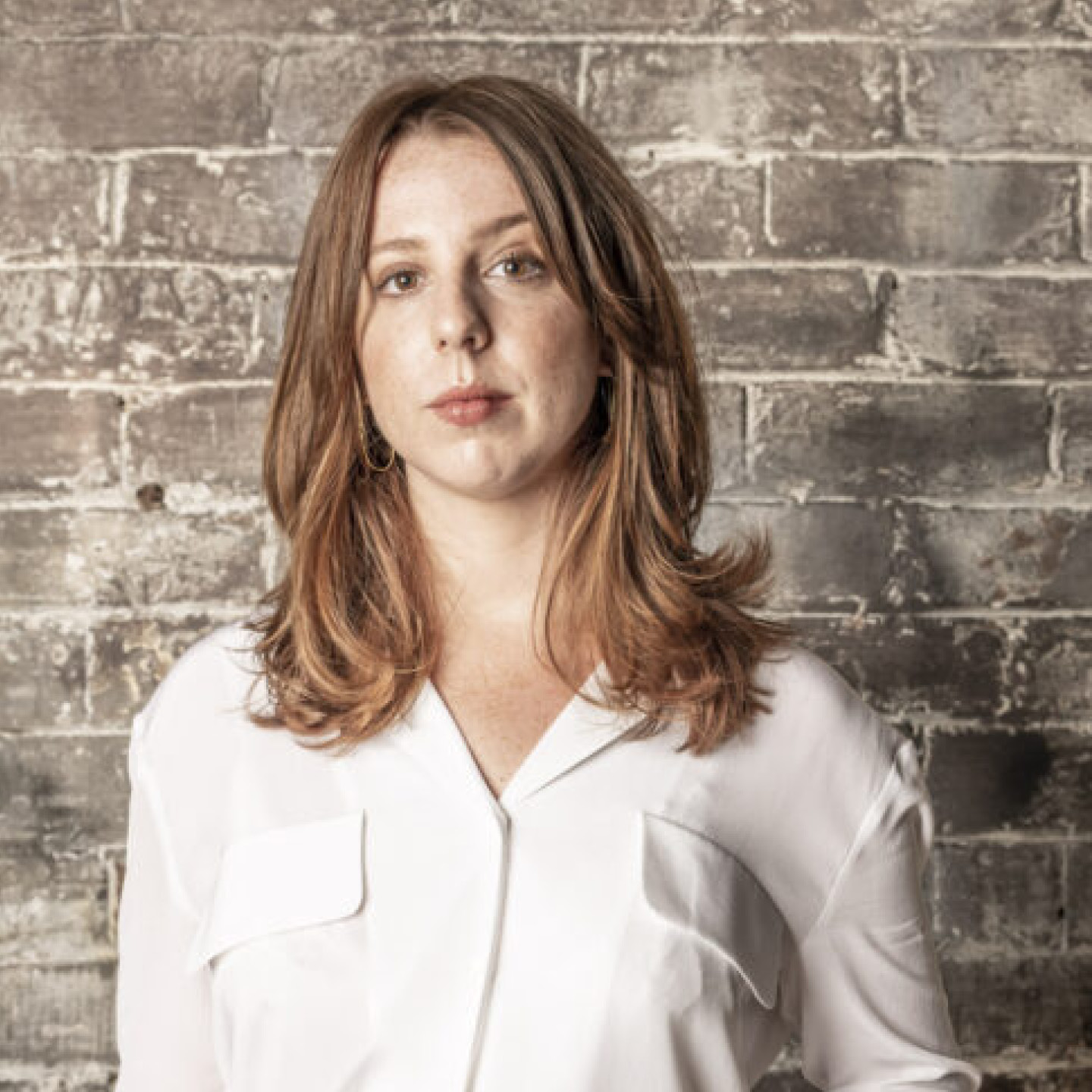


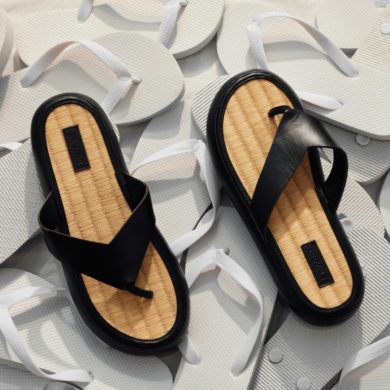
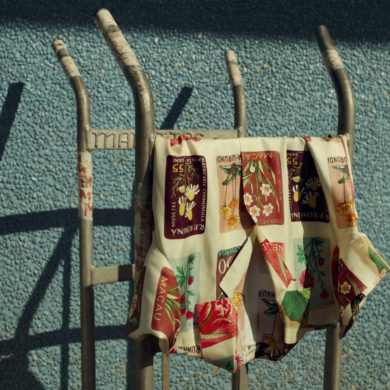




No Comments